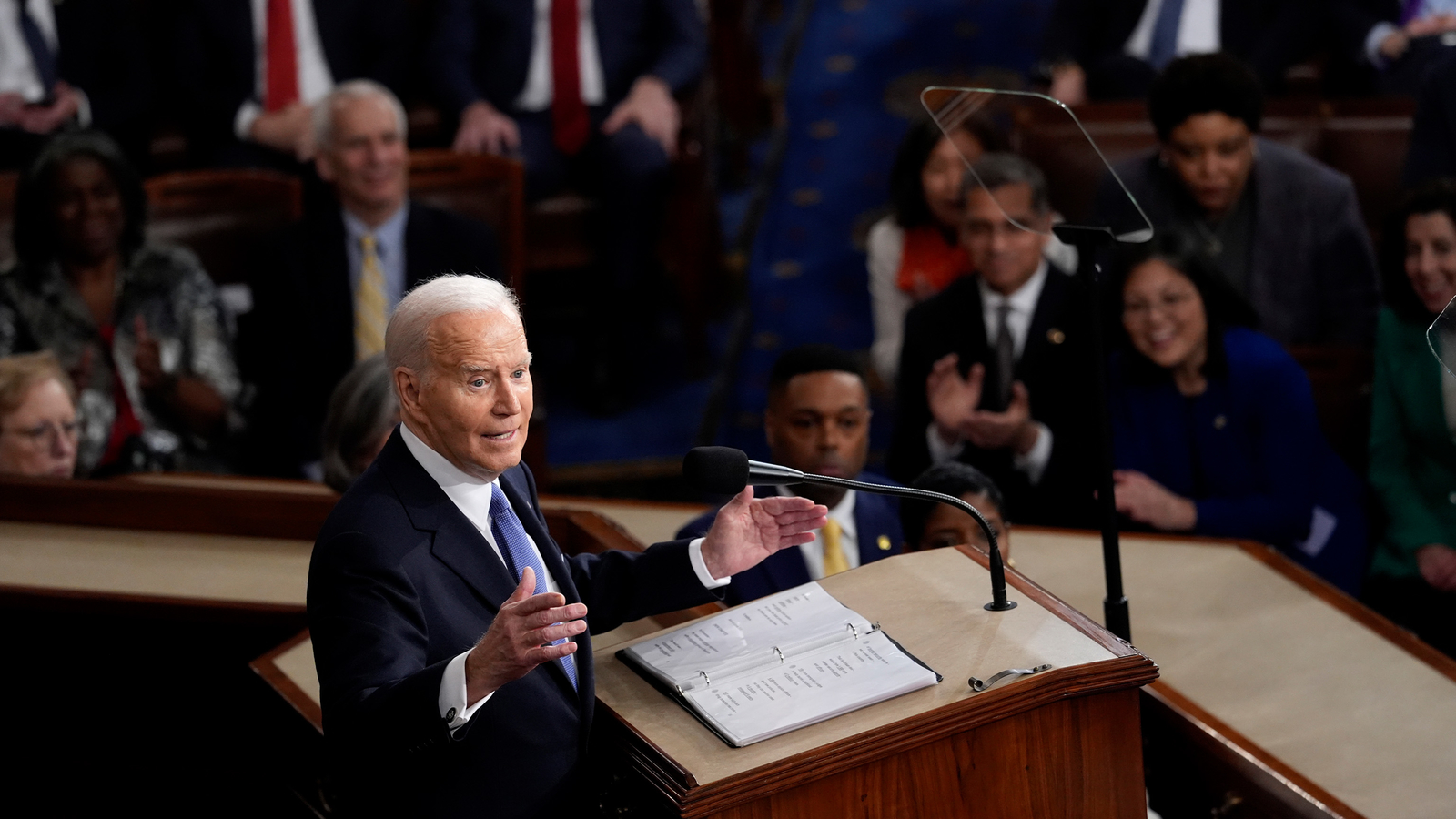SAN JOSE, Calif. (KGO) – During his State of the Union address on Thursday, President Joe Biden claimed responsibility for the positive trends in the economy. He also touched upon artificial intelligence, expressing his desire to leverage its potential, particularly focusing on a specific aspect that directly impacted him.
President Biden highlighted the importance of passing bipartisan privacy legislation to safeguard children online, utilizing AI advancements for our protection, and prohibiting AI voice impersonations. These statements provided insight into Biden’s strategies for addressing the risks associated with AI.
One notable incident involving AI occurred in New Hampshire, where an AI-generated voice impersonated the President, advising individuals to withhold their votes for the general election instead of participating in the New Hampshire Primary. This event prompted the Federal Communications Commission (FCC) to intervene, clarifying that AI voice calls are classified as artificial under the Telephone Consumer Protection Act (TCPA) of 1991, which largely restricts such artificial calls.
Legal expert Joe Lawlor, an IP litigation partner at Haynes Boone, suggested that Biden’s remarks may indicate a broader intention to enhance protections against AI-generated voices across various mediums, such as online posts, videos, and songs, falling under Right of Publicity laws that vary by state. Lawlor referenced the proposed No Fakes Act, a bipartisan initiative aimed at regulating AI voice impersonation, which has faced criticism for potentially being premature in its implementation.
As technology advances, Lawlor anticipates that legal frameworks will evolve alongside increased court involvement in addressing related issues. With Biden’s emphasis on this matter, it is likely that further proposals and discussions will emerge from both the President and lawmakers in the future.
 Visited 2 times, 1 visit(s) today
Visited 2 times, 1 visit(s) today










